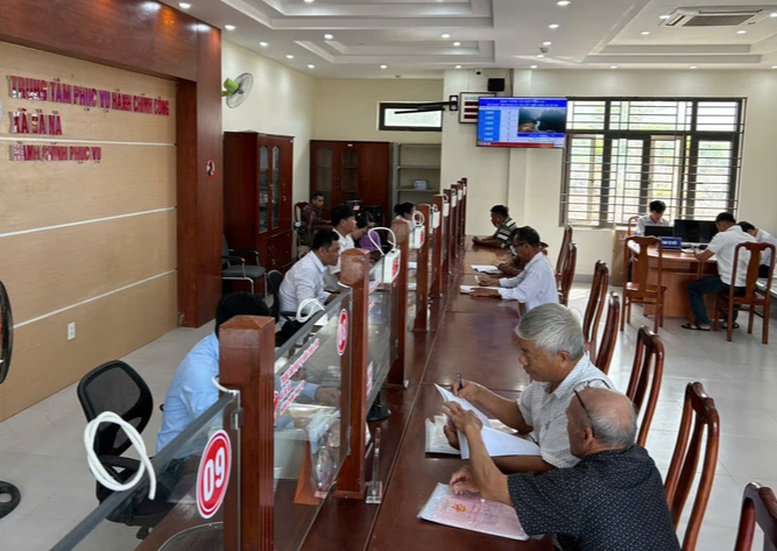
Ba Na Commune Public Administration Service Center ( Da Nang City) - Photo: VGP
The four Decrees include: Decree No. 170/2025/ND-CP of the Government regulating the recruitment, use and management of civil servants; Decree No. 171/2025/ND-CP of the Government regulating the training and fostering of civil servants; Decree No. 172/2025/ND-CP of the Government regulating disciplinary action against cadres and civil servants; Decree No. 173/2025/ND-CP of the Government on contracts for the performance of civil servant duties.
Speaking with the Government Portal, Mr. Nguyen Quang Dung, Director of the Department of Civil Servants and Public Employees ( Ministry of Home Affairs ) said that these Decrees will take effect simultaneously with the Law on Cadres and Civil Servants from July 1, 2025, to ensure consistency and timeliness in implementation.
Previously, on June 24, 2025, the National Assembly passed the Law on Cadres and Civil Servants (amended), replacing the current Law and taking effect from July 1, 2025. The Law demonstrates innovative thinking in civil servant management towards dynamism, transparency, and efficiency, meeting the requirements of development and serving the people and businesses.
The four Decrees mentioned above are important guiding documents, specifying the core contents of the Law, creating the foundation for comprehensive innovation of the civil service.
Unify management of civil servants from central to commune level, eliminate exams for promotion
In which , Decree No. 170/2025/ND-CP of the Government regulates the recruitment, use and management of civil servants ( including 6 Chapters, 73 Articles), one of the key guiding documents of the new Law.
The highlight of the Decree is that it details the innovative contents of the Law on unified management of civil servants from the central to communal level; innovates the method of managing civil servants according to job positions - taking job positions as the center, on the basis of the requirements of job positions and results, products of performing tasks to recruit, arrange, use, plan, and appoint.
Specify the conditions, standards, records, contents, forms, procedures for examination, selection, and admission to civil service positions suitable for each job position with professional and technical ranks, especially the admission to leadership and management positions for high-quality human resources; stipulate the arrangement and assignment of work to ensure consistency between the authority and assigned tasks associated with the job position; the responsibility of the head of the agency using civil servants to arrange and assign work in accordance with the requirements of the job position; stipulate cases of changing job positions with corresponding ranks different from the current ranks.
In particular, the Decree has eliminated the promotion exam, which is a major reform step. Instead, civil servants will be evaluated based on work results, qualities and actual capacity. At the same time, there is no regulation on uniform quality assessment of civil servant input at the national level, creating more flexibility and decentralization for ministries, branches and localities.
In addition, the Decree stipulates transition for some cases whose recruitment is suspended before December 1, 2024, people who are doing internships, the ranking of civil servants corresponding to the appointed leadership positions,...
Training and fostering civil servants linked to job positions, eliminating training based on ranks
Decree No. 171/2025/ND-CP of the Government stipulates the training and fostering of civil servants (including 7 Chapters, 42 Articles), in which civil servants are trained and fostered according to the principle of managing civil servants according to job positions, linking training and fostering with the work of using, appointing and managing civil servants, and eliminating training according to civil servant rank standards. This is an important change in the approach to developing the civil servant team.
Civil servants must be responsible for self-study, learning and choosing training programs according to the requirements of the job position.
The Decree also promotes the assignment and decentralization of training and fostering of civil servants according to job positions in accordance with the functions and tasks of training and fostering facilities at the central and local levels and state management agencies at all levels; enhances the application of science and technology and digital transformation in training and fostering.
Notably, the Decree stipulates that civil servants in leadership and management positions must participate in training in state management knowledge and skills after being appointed.
Eliminate demotion, consistent with Party discipline
Decree No. 172/2025/ND-CP of the Government stipulates disciplinary action against cadres and civil servants (consisting of 5 Chapters and 30 Articles), which eliminates the disciplinary measure of demotion for leading and managing civil servants and the measure of salary reduction for civil servants not holding leadership and management positions; ensuring consistency and uniformity between Party discipline regulations and administrative discipline, and consistency with the use of civil servant assessment results according to new provisions of the Law.
At the same time, the Decree supplements specific provisions on cases of exclusion, exemption from discipline or reduction or increase in discipline level to institutionalize Regulation No. 69-QD/TW dated July 6, 2022 of the Politburo (amended and supplemented in Regulation No. 264-QD/TW dated February 14, 2025 of the Politburo), Regulation No. 296-QD/TW dated May 30, 2025 of the 13th Party Central Committee.
Flexible contract mechanism to attract talent
Decree No. 173/2025/ND-CP of the Government on contracts for the performance of civil servant duties (consisting of 3 Chapters and 16 Articles). This is a new mechanism stipulated in the Law on Cadres and Civil Servants to attract high-quality human resources with a lot of experience and intelligence, meeting the requirements and tasks, and improving the effectiveness and efficiency of state agencies.
Accordingly, it is possible to sign labor contracts or service contracts to perform one or several tasks of a civil servant, especially signing contracts with managers, business administrators, outstanding and outstanding businessmen, good lawyers, experts, and leading scientists to perform one or several tasks of a strategic, sudden, and urgent leadership or management position; signing service contracts to perform administrative tasks or tasks that the current human resources cannot meet.
The cost of implementing the contract signing is arranged by the state budget at a maximum of 10% of the total salary fund (including salary and salary allowances) and bonuses, outside the salary fund, outside the administrative expenditure budget according to the payroll of the agency, organization, unit and is estimated in the annual budget.
With strong innovations in recruitment, employment, training, discipline and contract mechanisms, the four newly issued Decrees create an important foundation for restructuring the civil service towards professionalism, dynamism, transparency and efficiency.
This is a step to synchronously implement the Law on Cadres and Civil Servants, bringing the Party's major policies into life, taking civil servants as the center of administrative reform, serving the people, businesses and the sustainable development of the country.
Thu Giang
Source: https://baochinhphu.vn/chinh-thuc-ap-dung-tu-01-7-bon-nghi-dinh-moi-ve-cong-chuc-co-gi-noi-bat-102250702090318344.htm



![[Photo] Multi-colored cultural space at the Exhibition "80 years of the journey of Independence - Freedom - Happiness"](https://vphoto.vietnam.vn/thumb/1200x675/vietnam/resource/IMAGE/2025/8/26/fe69de34803e4ac1bf88ce49813d95d8)


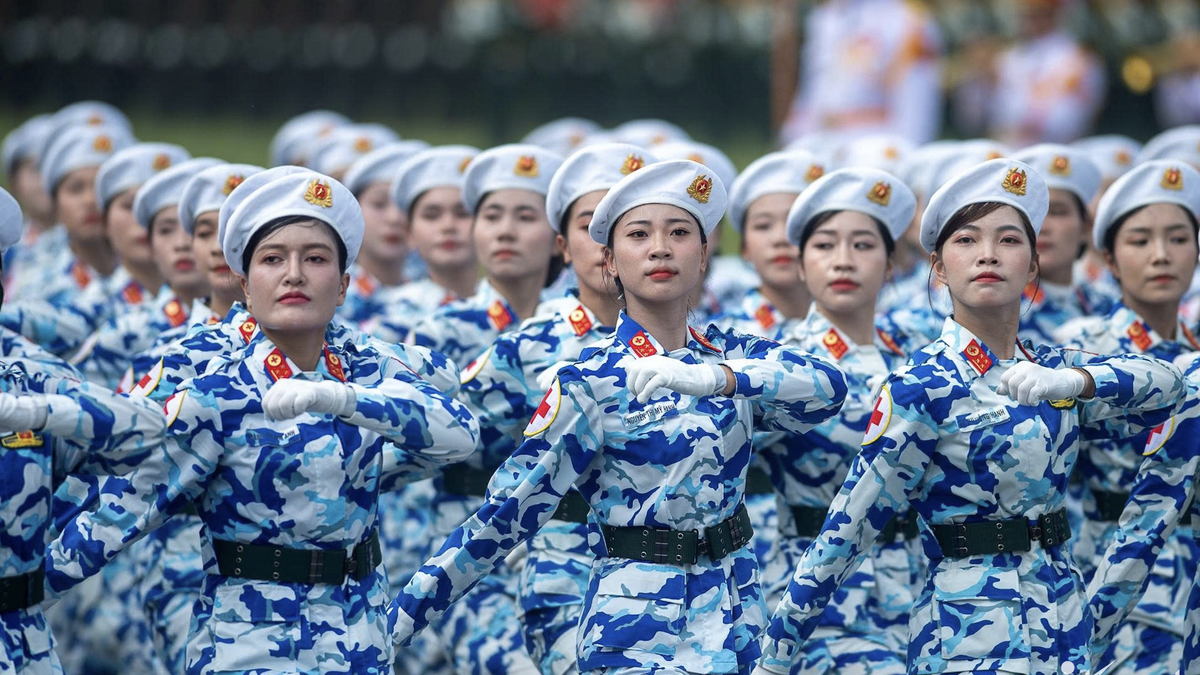
![[Photo] Hanoi: Authorities work hard to overcome the effects of heavy rain](https://vphoto.vietnam.vn/thumb/1200x675/vietnam/resource/IMAGE/2025/8/26/380f98ee36a34e62a9b7894b020112a8)



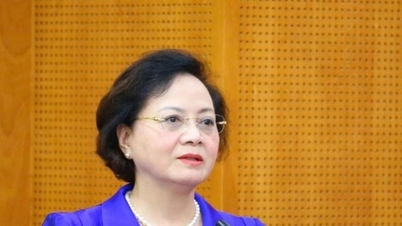


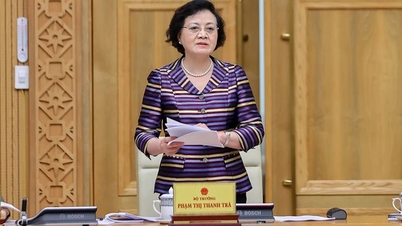


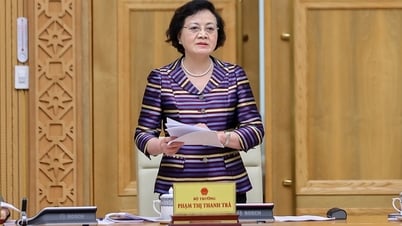
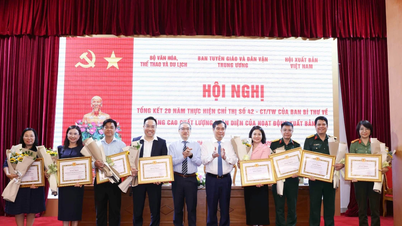

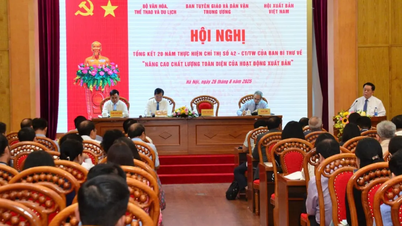




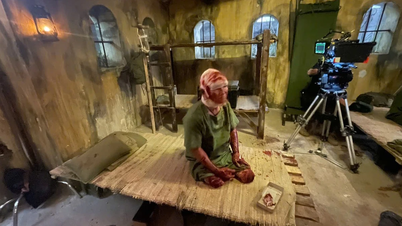








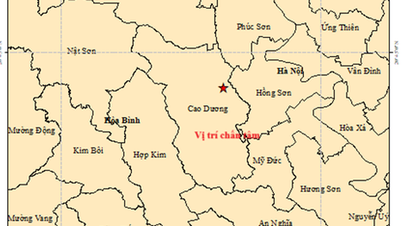


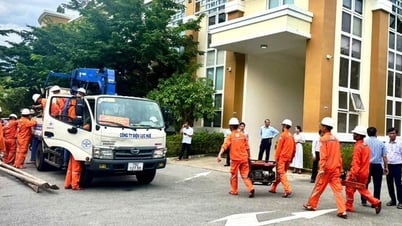
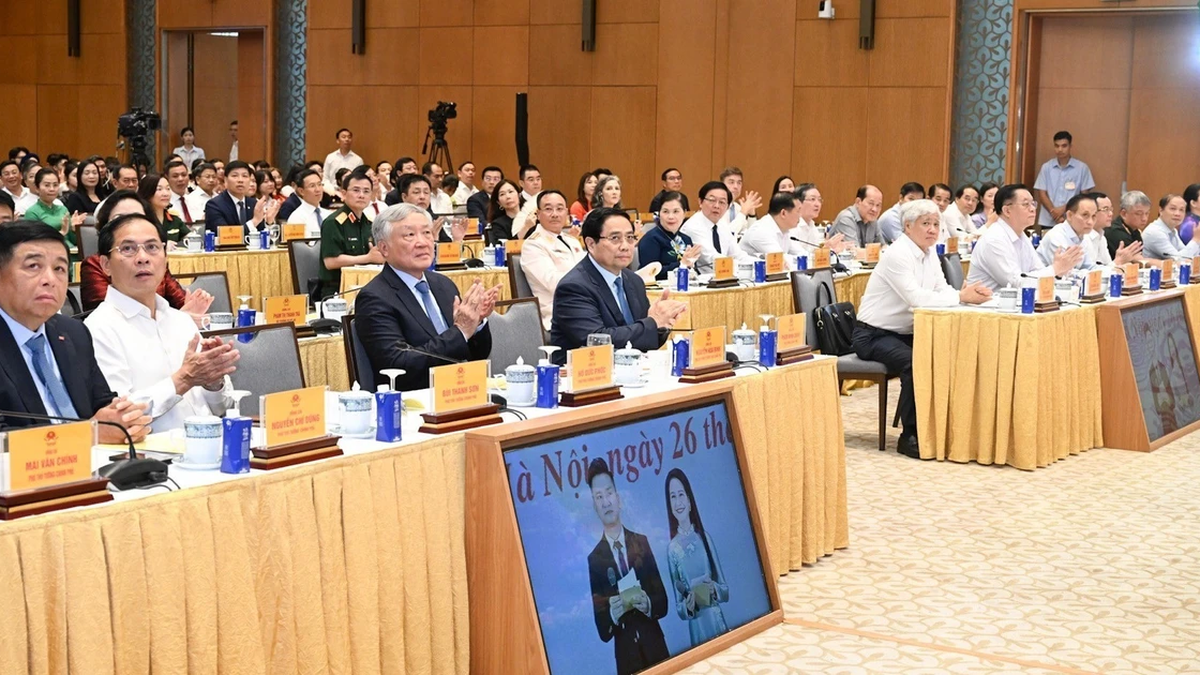

































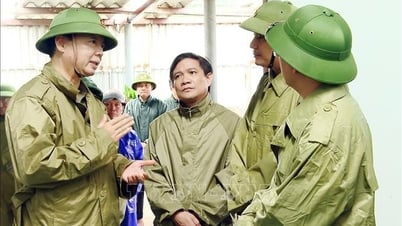

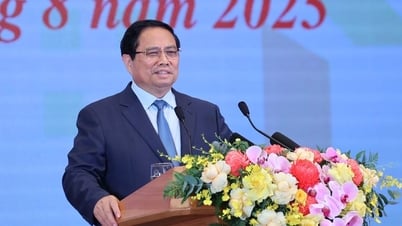


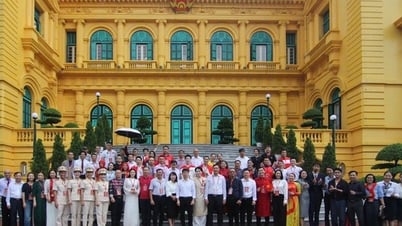






























Comment (0)